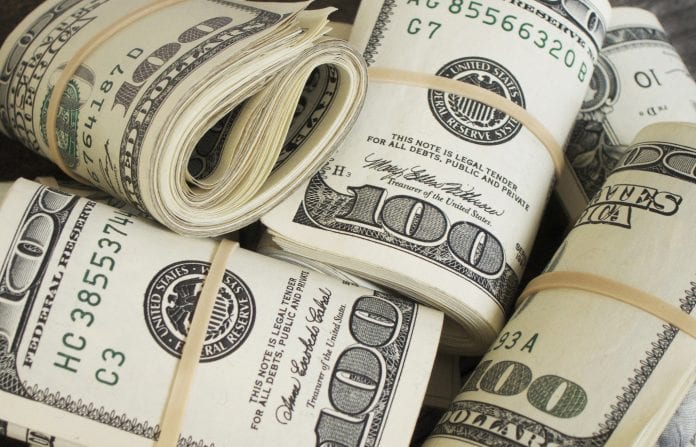When it comes to securing your financial future, your everyday actions matter. Just as increasing your income and growing your assets is a result of smart money habits, it takes poor money management practices to derail your financial journey. The following are the money habits you should get rid of at the earliest.
Late Payments
When many people think about missing a debt payment, the thing they fear the most is the resulting penalty. Yet, late payments have a far bigger implication: your credit score. A poor credit score will hinder your ability to borrow for important purchases such as a home or car.
One of the most effective ways of ensuring your bills are always paid on time is to automate the process. Set up automatic transfers for fixed, predictable costs such as insurance, internet and cable.
For expenses that either aren’t fixed or easy to pay automatically, set up recurring calendar reminders. Making payment at the same time each month ensures the transfer becomes routine and reduces the likelihood of it falling through the cracks.
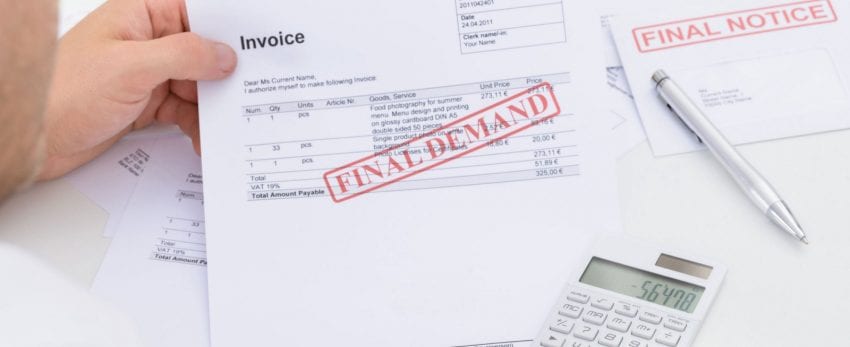
Making Minimum Payments on your Credit Card Debt
Most credit card companies will expect you to pay between 1% and 3% of your card balance each month. If you are in financial distress or running on a tight budget, paying the minimum can be tempting. However, the long term impact of such a habit can be disastrous. You’ll pay a considerable amount in interest that would otherwise have been devoted to asset accumulation.
As much as possible, always transfer the full outstanding amount from your checking account to your credit card balance each month. Debt consolidation should be an option worth looking at in the event that you have multiple credit cards and are falling behind on all of them. If you are considering consolidation as advised by DebtBusters.com, have a clear plan on how to quickly pay off the aggregated debt.
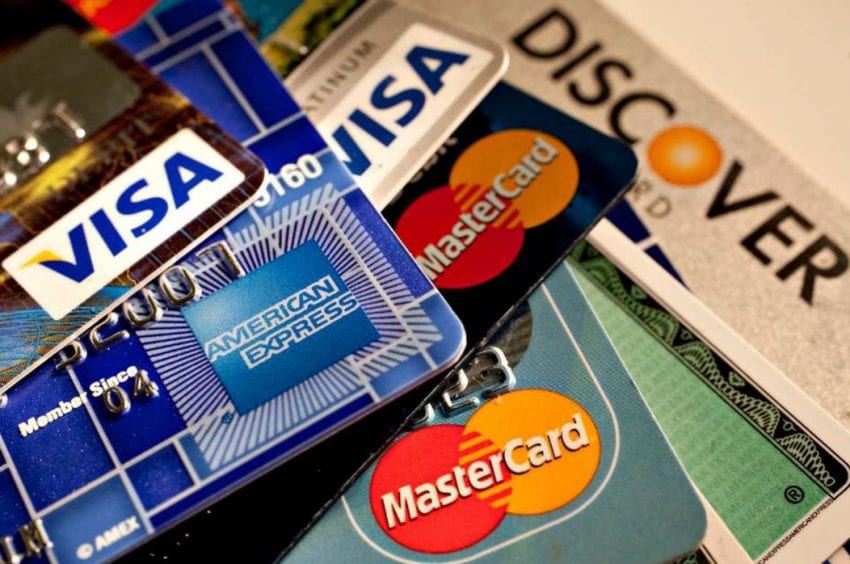
Out-of-Network ATM Use
It costs you an average of $4.57 when you withdraw from an ATM that’s not on your bank’s network. On the face of it, this doesn’t look like a lot of money. That’s until you consider that the average person will make dozens of ATM withdrawals each year. Over time, the accumulation of these fees is significant.
Most big banks have expansive ATM networks. This means that oftentimes, customers withdraw from an out-of-network ATM because they are unwilling to walk an additional 100 meters or drive one more kilometer. You must resolve not to use any ATM that doesn’t have your bank’s logo. Always do an online lookup of nearby ATMs beforehand and make an extra effort to get to them. If you wondered how do ATMs work, click here to find it out
In the event your bank doesn’t have a large enough cash machine network, it may be time to consider moving your account to a bank that does. Ultimately, do what is best for your finances.
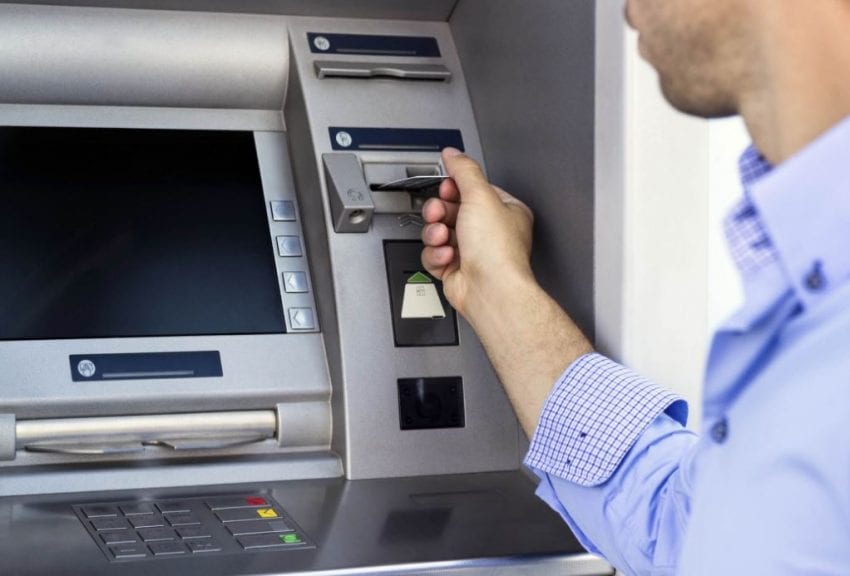
Unplanned Spending
Whether it’s calling a cab when there’s a raft of cheaper transport options available or picking up a candy bar as you wait in the checkout line, you’ll always find yourself in situations that trigger mindless spending. The amounts may be small but you should strive to direct each dollar earned to your retirement or savings account.
Remember, the majority of people have income that is good enough to create a healthy retirement cushion. The difference between the financially secure and the stragglers comes down to spending habits. Learn to go cash only whenever you can. Determine your weekly expenses then withdraw the cash you need for the week.
If you feel the urge to withdraw more, that is a signal that you are about to spend on something you probably don’t need. If going cash only isn’t an option for you, you can stick to a credit card but keep track of where your money goes.
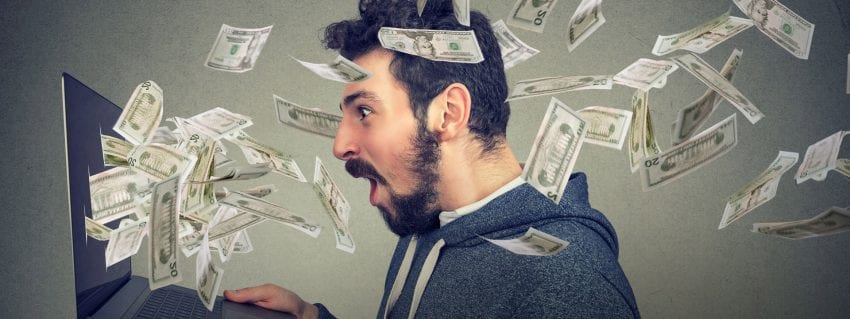
Subscribing for Services You Hardly Use
At least once every three months, go through your bank account and credit card statements. You are likely to see recurring payments for clubs, magazines, organizations and other services you no longer need. Immediately cancel a subscription for anything you don’t require. This can save you several hundred dollars each year.
Dining Out Every Day
There’s nothing wrong with dining out sometimes. It’s good to treat yourself sometimes or meet a client over a meal. That said, dining out can impoverish you fast. The more your food is homemade, the lower your overall food budget will. In any case, packed lunch is often better health wise.

Procrastination
In your 20s and 30s, retirement is a distant event that’s too far off to respond to now. Time has a way of flying past. Waiting for the perfect time to start saving for retirement can be a catastrophic mistake. No matter how much money you currently make, your comfort in retirement is a factor of how soon you start saving.
The earlier you start to save, the less money you need to set aside later. Research has shown that if you want to comfortably retire at 65 years, you must set aside at least 10% if you start saving in your 20s, 15-20% if you start in your 30s, and 40% if you start in your 40s.
Start by enrolling in a 401(k) plan. The 401(k) is usually not sufficient so consider alternate retirement savings options such as a health savings account, traditional IRA or a Roth IRA.
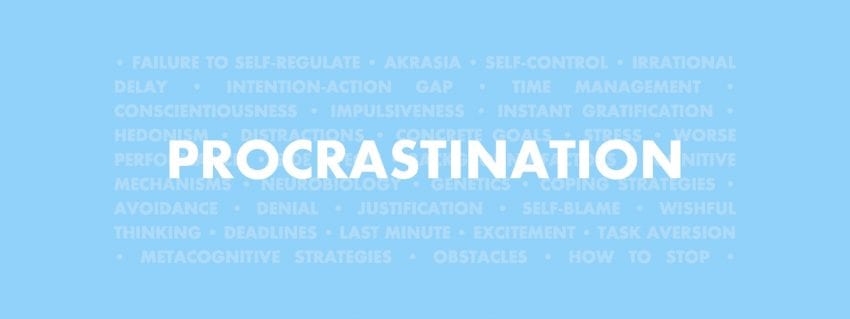
Spending the Same or More than You Earn
Spending everything you earn leads to a precarious life of barely surviving from one paycheck to the next. You can get comfortable in this lifestyle of brinkmanship but it only takes one large unexpected event to completely knock you off your feet. Credit card debt will be the easy way out but that will only compound your money problems in the long run.
Credit cards are never an alternative to savings. Develop a budgget that covers your expenses and still leaves some head room for savings. If your expenses equal or exceed your existing income, cut down all non-core items. In the meantime, look for ways to grow your income by finding a better-paying job or working two jobs.
Under no circumstances should you be left with no savings at the end of each month.
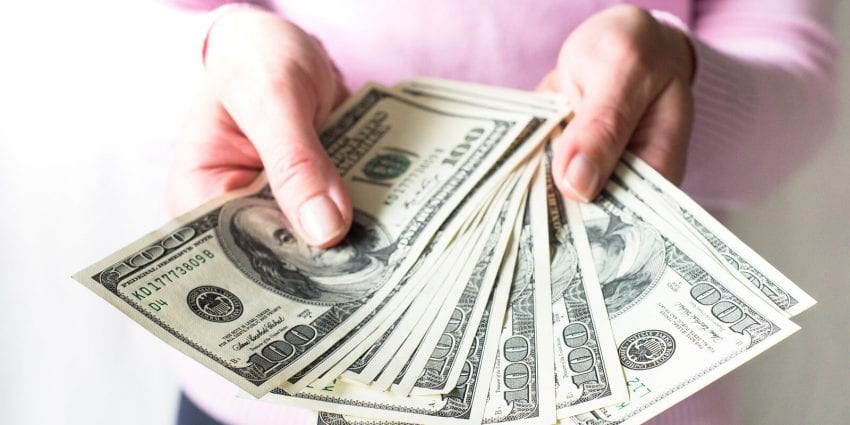
Constantly Depleting Your Savings
Once you set up an emergency fund or retirement account, do not touch it. The emergency fund should cater for any disaster that endangers your own or your family’s survival. You should only remove money from it when it’s necessary (for instance, if you lose your job and exhaust your normal savings account).
There’ll always be a strong urge to dip into the emergency fund to satisfy fleeting pleasures. Mitigate against that by creating a logistical and mental barrier between you and this account. You can do this by moving the money to a high-interest money market or savings account which offers better rates than a regular savings account.
Retirement accounts are inherently difficult to access so at least that is one problem they’re unlikely to face. Most IRA withdrawals done before the age of 59.5 years will incur a penalty and taxes.
Breaking bad money habits will take discipline, effort and time. Start today. The payoff is worth it.
